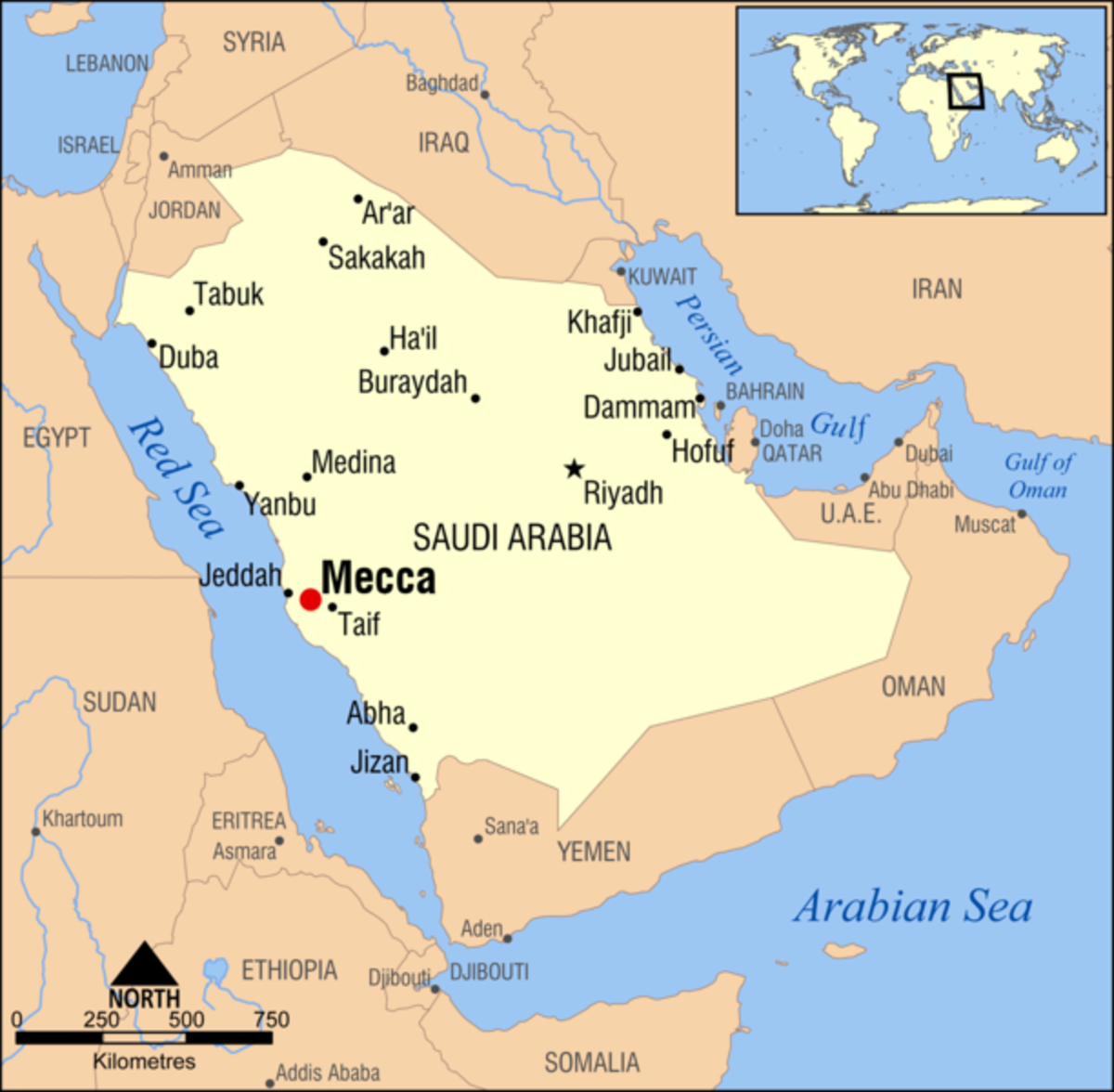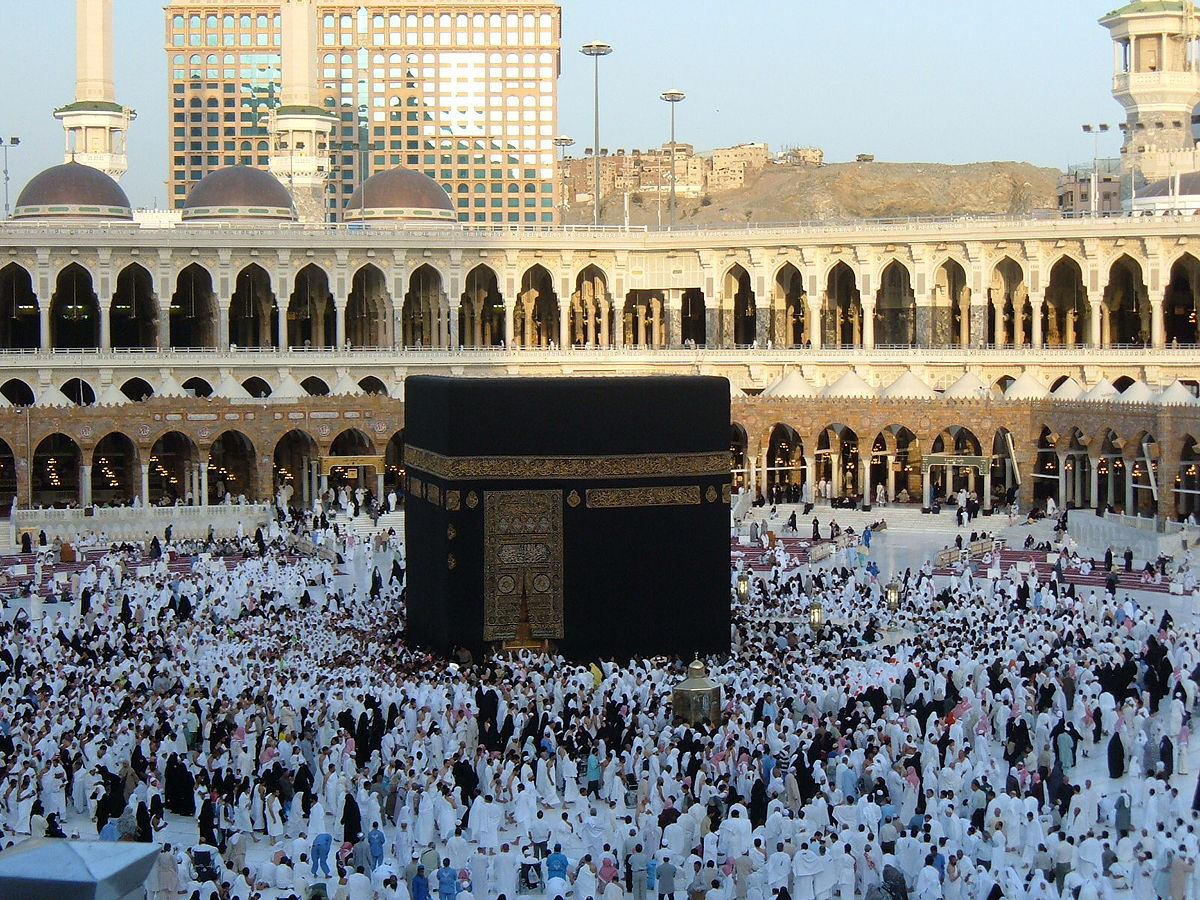Laws of Islam
What is Stoning?
Stoning is called rajm (Arabic: رجم) in Islamic literature, and is a legal or customary punishment found in the United Arab Emirates, Iran, Iraq, Qatar, Mauritania, Saudi Arabia, Somalia, Sudan, Yemen, northern Nigeria, Aceh Province of Indonesia, Afghanistan, and tribal parts of Pakistan, including northwest Kurram Valley and the northwest Khwezai-Baezai region. In some countries, such as Afghanistan and Iraq, stoning has been declared illegal by the state, but is practiced extrajudicially. In several others, people have been sentenced to death by stoning, but the sentence has not been carried out. In modern times, allegations of stoning are politically sensitive; the government of Iran, for example, describes allegations of stoning as political propaganda.
Law of Stoning.
It is often said that Islamic punishments are unjust and are very inhumanely, for example, many people think that stoning of a married human that is involved in adultery or fortification is very unjust but a person who is married and still cannot stop himself from having sex with others instead of his own wife would not stop from his sin without being punished and that punishment has to be severe because he cannot stop himself from this sin.
Wrong concept about stoning.
But even that Islamic laws are called unjust the stoning of a man or a woman are performed after very strict and long procedure that proves that that man or woman want him or herself to be stoned by their own will. The Law enforcers or the court can not force them by any means.
Islamic Laws.
Pakistan (86% in all Muslims, 89% in Muslims who say Sharia should be the law of the land), Afghanistan (84% in all Muslims, 85% in Muslims who say Sharia should be the law of the land), Bangladesh (54% in all Muslims, 55% in Muslims who say Sharia should be the law of the land.)
© 2018 Abuzar








